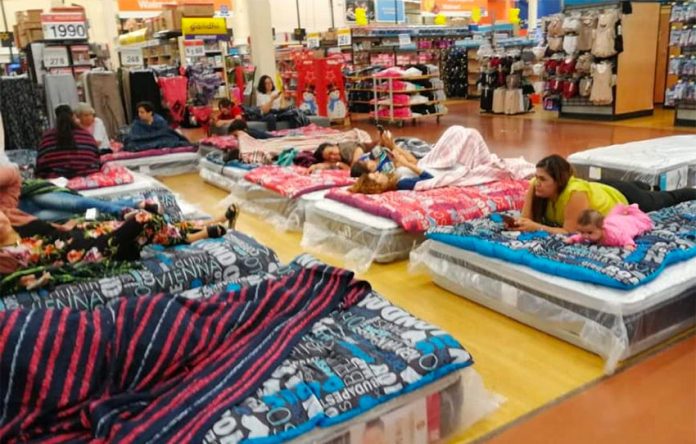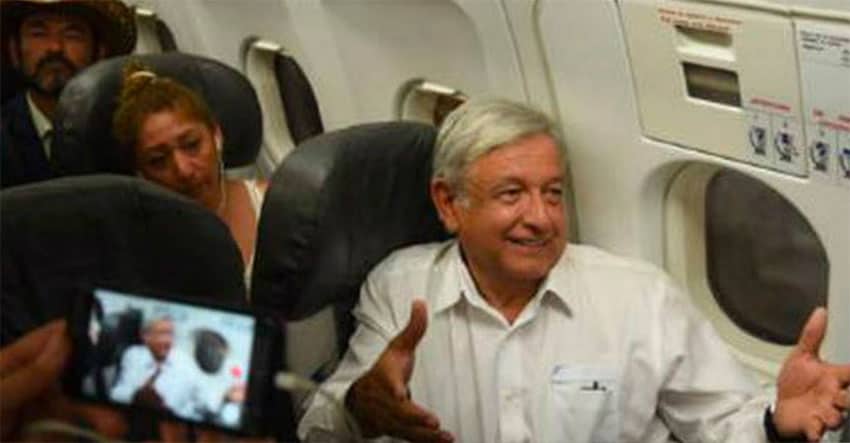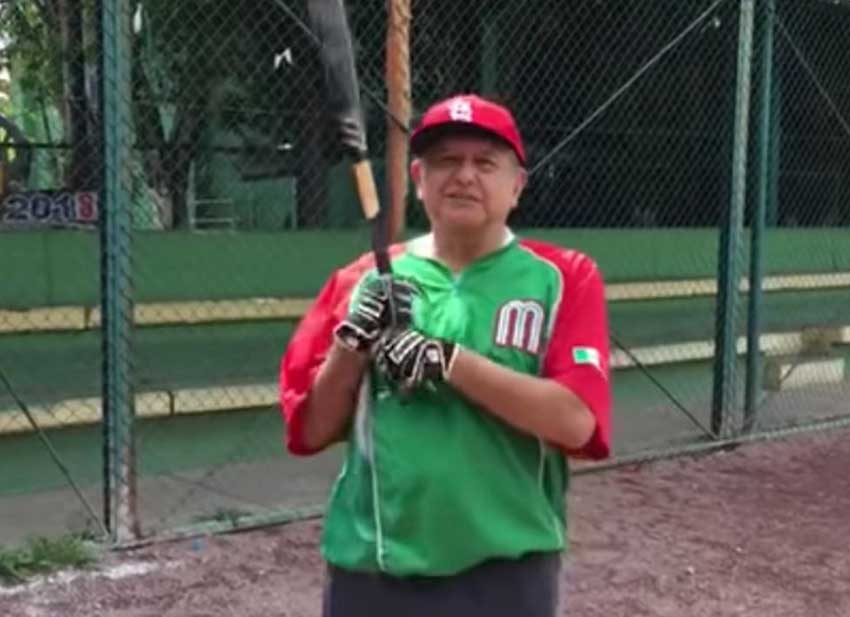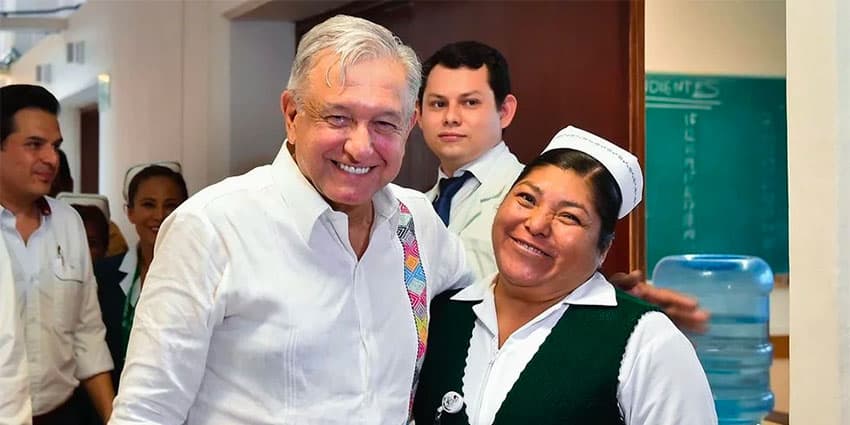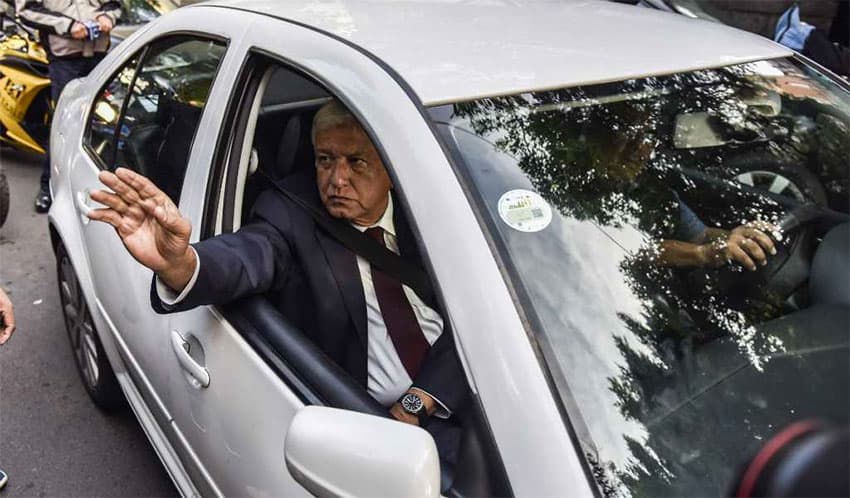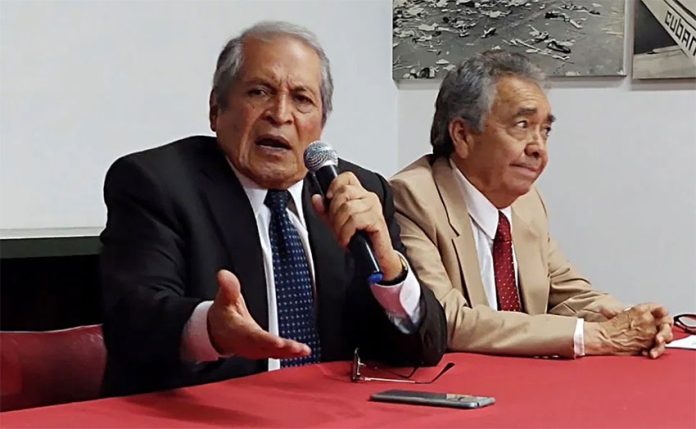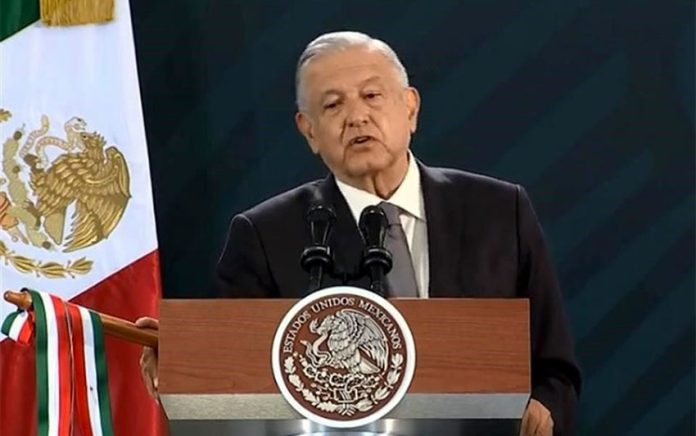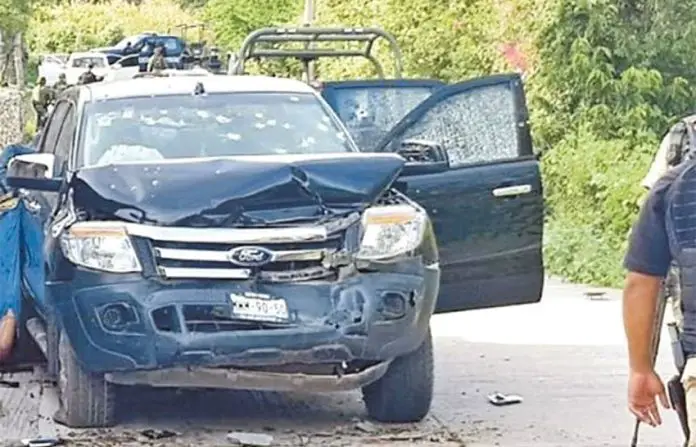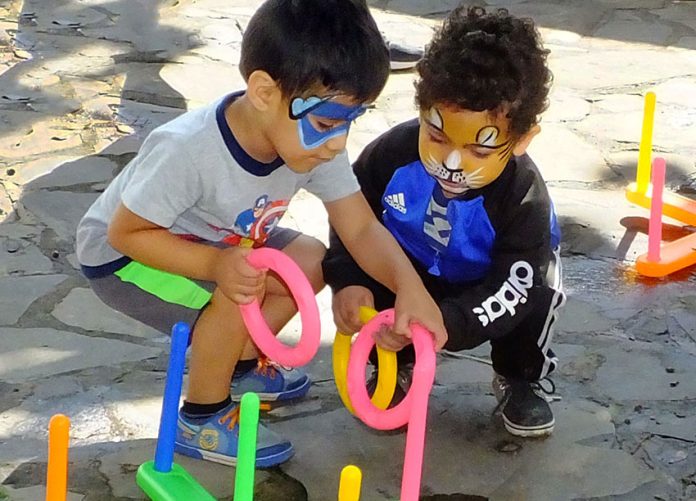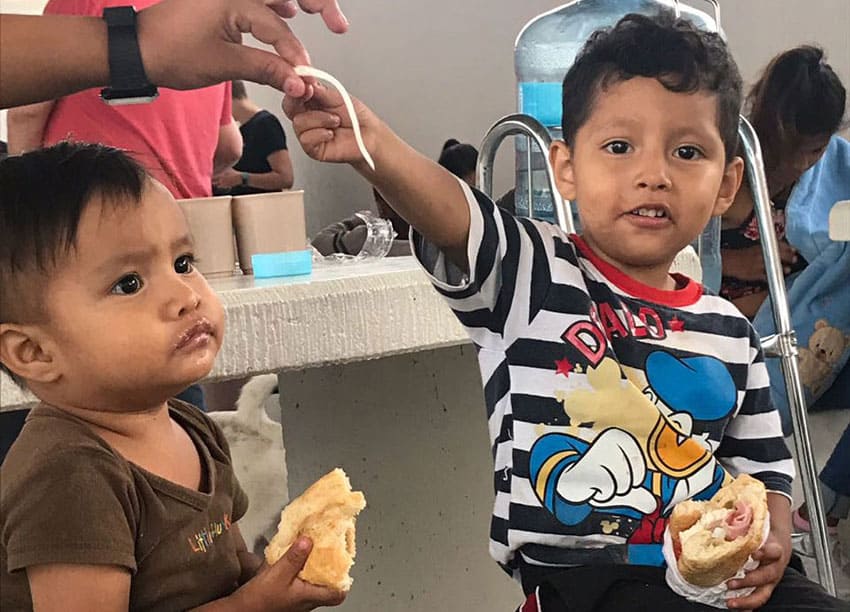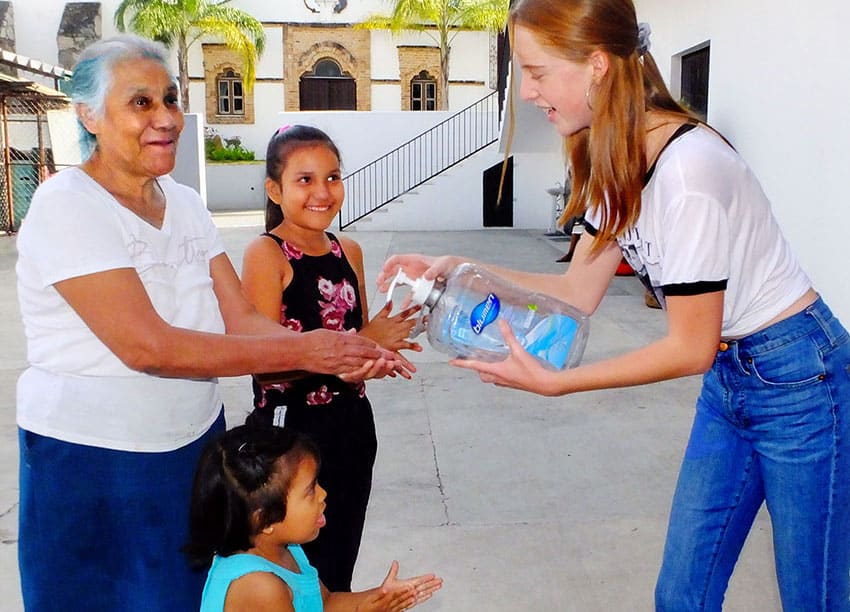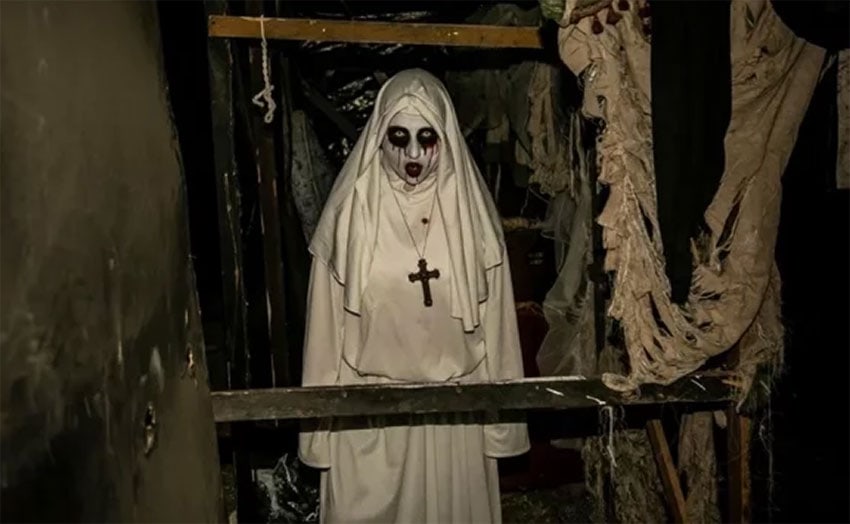Mexico City’s English literature enclave Under the Volcano Books has offered the city a meticulously curated selection of used English books since 2011.
Store owner Grant Cogswell has worn a number of hats throughout his storied career. After being heavily involved in Seattle, U.S., politics in the 1990s and early 2000s, he visited Mexico City and Oaxaca in 2005.
Picked up on a whim while killing time for a dentist appointment, it was the Moon Travel Guide to Mexico City that put the place on his radar.
He recounts his first impressions of the sprawling capital city on the eve of his 10th anniversary of moving there. He remarks on the friendliness of the people, and how the city seemed to have something he’d been searching for unsuccessfully back home.
“After 15 years of trying to foment urban life in Seattle,” he says as he shelves the latest stock, “here it was, pre-served. You know, this town’s got its problems, but I found it to be shockingly gentle and pleasant and livable.”
He decided that if his life in Seattle ever went down the tubes, he’d move down to Mexico City. When that happened in 2009, he did just that.
The city was exactly what he needed at the time.
“This city saved my life,” he says.
After a year or so of getting back on his feet, he told himself, “The only thing it’s missing is an English bookstore.”
In 2011, he opened Under the Volcano Books in the same neighborhood that attracted Kerouac and Ginsberg half a century before, where William S. Burroughs shot his wife in the head instead of the beer can atop it.
A couple of years later, he moved the operation to the American Legion building in La Condesa, and has seen the city change dramatically since then.
Most notably, the air was cleaner 10 years ago. It’s also gotten more expensive. Although everyone was on Facebook, the complete digitization of business and society was still in its nascent stage.
“It felt a lot like I would imagine the 1940s did in the United States.”
He has especially noted a change in the last year.
“There’s been a huge influx of people from L.A., New York and the Bay Area who are working remotely and who are living in Airbnbs because that’s cheap to them.”
This influx of digital nomads has reversed the ratio of the clientele he sees in the store. When he began, he estimated that 80% of his clients were Mexican, and the other 20% foreigners. Now he says those numbers have more or less reversed.
One thing that hasn’t changed, however, is the store’s ability to be a cozy, welcoming space for people of different tongues and customs to come together and forge new friendships and ideas.
Anyone who visits the store will get a healthy helping of Cogswell’s characteristic flair for the superlative. He claims with no apparent uncertainty that George Eliot’s Middlemarch is the greatest book ever written in the English language, and to argue a contrasting opinion is futile.
Good luck finding a book on the shelves he hasn’t read. The man is a wealth of information about not only what’s on the shelves, but also the trends they follow in how they fly off or hang around.
He can tell you what’s in and what’s out, who is making a resurgence in the literary world and whose popularity is waning. The sweet spot for him is a moderate spike in renewed interest in an author. Too much, and he can’t hold onto them.
“A really strong resurgence, like James Baldwin is having right now, makes the books unavailable. So that’s not good.”
He says that the current literary scene is deservedly dominated by black writers, whose books he tries his hardest to maintain in stock to keep up with demand.
“I would put on that list Zadie Smith, Chimamamnda Ngozi Adichie, Colson Whitehead, Ta-Nehisi Coates. They’re kinda center-stage in literary culture right now, and they’re the best.”
For Cogswell, the store is a way to stay grounded. He calls running the store a form of healthy hoarding, a way to scratch his literary itch without having to actually hold onto an entire personal library.
“Reading is mental health. There are times when reading is my sole tether to the world.”
He is also an obsessively prolific writer. He has written a screenplay for a modernized film adaptation of H. P. Lovecraft’s Call of Cthulhu, published a 2012 book of poetry titled The Dream of the Cold War, and is currently working on a memoir.
He doesn’t allow reading to keep him completely sane, though. During our interview, he carries around a pocketful of loose-leaf take-out menus scribbled with print so tiny and illegible only he can read it.
“People see the little pieces of paper with the tiny writing and act like you’re a crazy person,” he says. “And that would be a true observation. No art is made without some concessions to madness.”
Do you know someone you think would be a good subject for Expat Stories? Send us your nomination with a short explanation telling us a little about the person and why you think he or she would be interesting to Mexico News Daily readers, along with contact information for the nominee.


